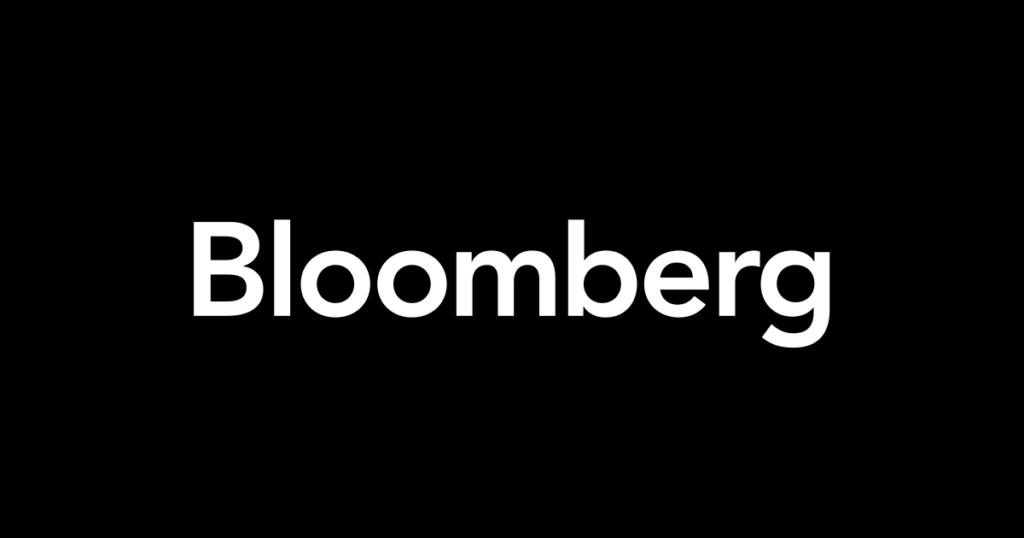(Bloomberg) — The U.S. will ship 2.2 million coronavirus vaccine doses to South Africa on Friday, a show of support to one of the countries that has led the push to loosen restrictions on global production and shrink the gap between wealthy and developing nations.
The 2.2 million doses of the Pfizer Inc.-BioNTech vaccine will be shipped Friday through the Covax vaccine-sharing initiative, and arrive Saturday, an official familiar with plans said, speaking on condition of anonymity. The U.S. has now donated nearly 8 million doses to South Africa and 25 million to Africa overall, the official said.
The U.S. has committed to donating more than 600 million doses globally by the end of June 2022, after gobbling up nearly all its early domestic production for U.S. use. That figure includes a pledge, first made by President Joe Biden at the Group of Seven summit, to donate 500 million Pfizer-BioNTech doses to the African Union and 92 low- and middle-income nations.
The U.S. has already donated more than 100 million vaccines globally, with Biden pledging to become an “arsenal” of vaccines for the world. For comparison, the U.S. has administered about 365 million inoculations domestically, and is planning to give out as many as 100 million booster shots by the end of the year, subject to approval by health regulators.
The U.S. has previously announced financing to bolster production in South Africa. The World Bank and a trio of western government agencies, including the U.S. International Development Finance Corp., announced in June a financing package for production of the Johnson & Johnson vaccine in South Africa, part of an effort to scale global production and meet demand for billions of doses.
The donation also is an implicit gesture to a nation that has led a push to try and ease restrictions on vaccine production. Countries like the U.S. that have ample vaccine production have benefited from the status quo, racing ahead with inoculation efforts while others struggle for supply.
South Africa, along with India, has also proposed a waiver on trade-related aspects of intellectual-property rights enshrined in a 1995 World Trade Organization agreement known as Trips, in an effort to boost vaccine production worldwide. The U.S. expressed support for talks towards a partial waiver, a move opposed by Germany and other nations.
Opponents of the waiver argue that enforceable intellectual property rules fuel breakthroughs and developments, like the coronavirus vaccines. WTO rules require consensus, which looks out of reach for at least the near future.
More stories like this are available on bloomberg.com
©2021 Bloomberg L.P.











